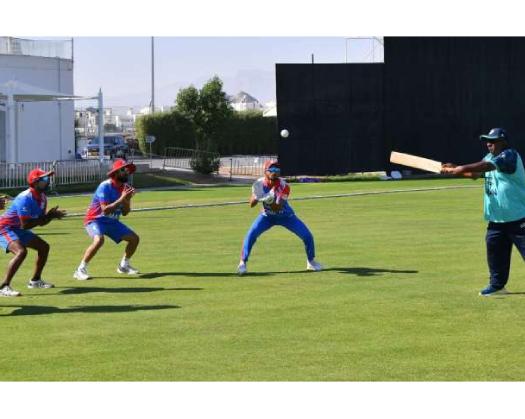The independent Athletics Integrity Unit (AIU) of World Athletics stated on Thursday that marathon world record holder Ruth Chepngetich has been provisionally banned on suspicion of doping.
In Chicago last October, the 30-year-old Kenyan broke the world record for women's marathon with an incredible time of 2:09:56, which was nearly two minutes faster than the previous record set by Tigist Assefa of Ethiopia (2:11:53).
But on March 14 of this year, she tested positive for hydrochlorothiazide, a diuretic that is prohibited because it can be used to mask traces of other illegal substances. It can also be used to treat high blood pressure and fluid retention.
Chepngetich was notified of the positive test on April 16, and three days later, she agreed to a voluntary suspension, according to the AIU.
The London marathon saw Chepngetich withdraw.
The World Anti-Doping Code does not mandate a provisional suspension in the event of a positive test for diuretics and masking agents, according to AIU head Brett Clothier.
The AIU did not initially suspend Chepngetich upon notification. But on April 19, while the AIU inquiry was still in progress, she chose to voluntarily agree to a temporary suspension.
The AIU has been conducting its investigation for the past few months, and today it published a Notice of Charge and implemented its own temporary suspension.
Chepngetich announced in April that she would be withdrawing from the London Marathon, citing her mental and physical preparedness to compete at her best.
Chepngetich is entitled to have her case heard by a disciplinary tribunal, according to the AIU.
Chepngetich is not the first Kenyan runner to be sanctioned in recent years; Kibiwott Kandie, the former world record holder for the men's half marathon, and Brimin Misoi Kipkorir, the two-time champion of the Frankfurt men's marathon, have also drawn the attention of anti-doping officials.













